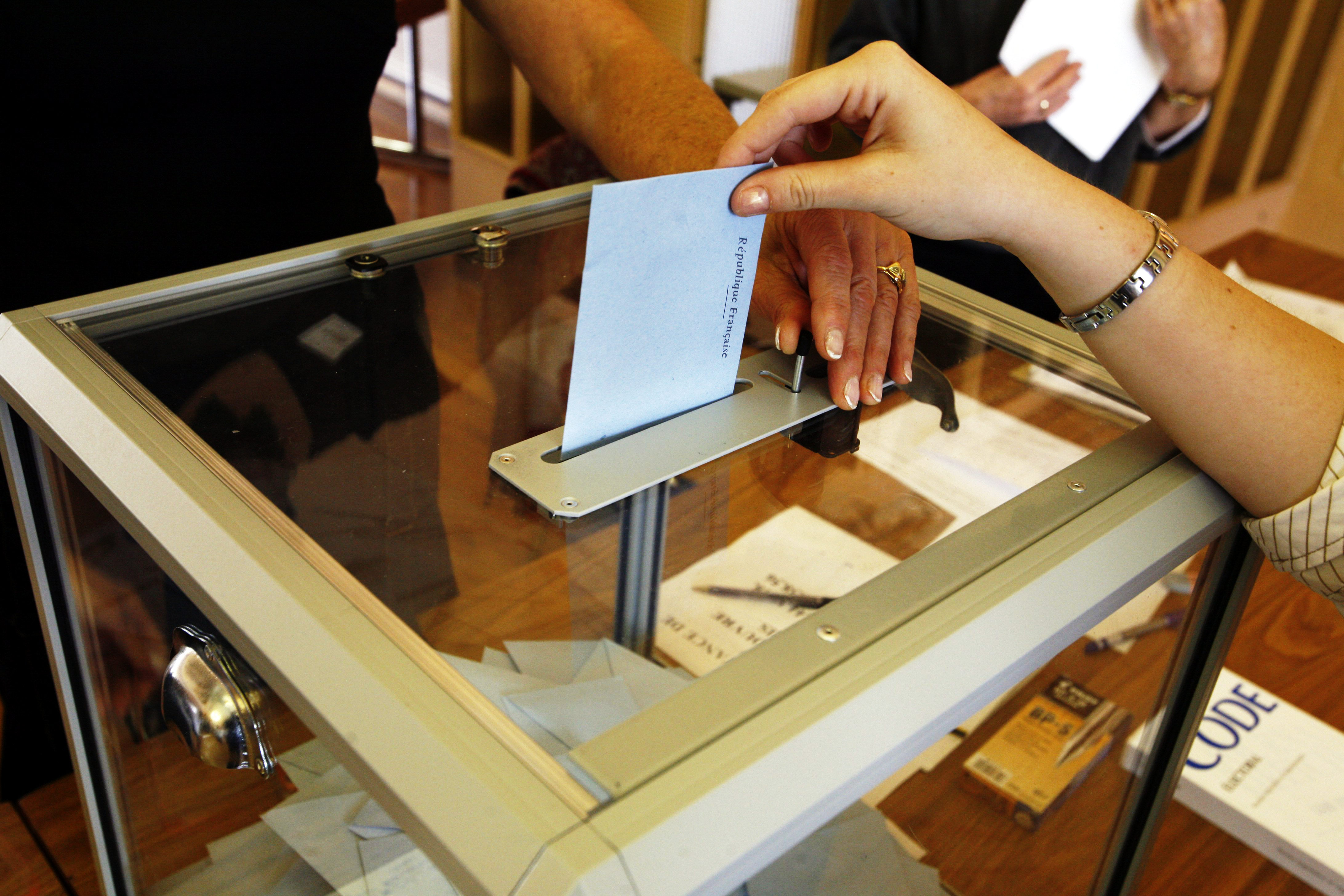democratic process on:
[Wikipedia]
[Google]
[Amazon]
 Democracy (From grc, δημοκρατία, dēmokratía, ''dēmos'' 'people' and ''kratos'' 'rule') is a form of
Democracy (From grc, δημοκρατία, dēmokratía, ''dēmos'' 'people' and ''kratos'' 'rule') is a form of
government
A government is the system or group of people governing an organized community, generally a state.
In the case of its broad associative definition, government normally consists of legislature, executive, and judiciary. Government ...
in which the people have the authority to deliberate and decide legislation (" direct democracy"), or to choose governing officials
An official is someone who holds an office (function or mandate, regardless whether it carries an actual working space with it) in an organization or government and participates in the exercise of authority, (either their own or that of their s ...
to do so ("representative democracy
Representative democracy, also known as indirect democracy, is a type of democracy where elected people represent a group of people, in contrast to direct democracy. Nearly all modern Western-style democracies function as some type of repres ...
"). Who is considered part of "the people" and how authority is shared among or delegated by the people has changed over time and at different rates in different countries. Features of democracy often include freedom of assembly
Freedom of peaceful assembly, sometimes used interchangeably with the freedom of association, is the individual right or ability of people to come together and collectively express, promote, pursue, and defend their collective or shared id ...
, association, property rights
The right to property, or the right to own property (cf. ownership) is often classified as a human right for natural persons regarding their possessions. A general recognition of a right to private property is found more rarely and is typically ...
, freedom of religion
Freedom of religion or religious liberty is a principle that supports the freedom of an individual or community, in public or private, to manifest religion or belief in teaching, practice, worship, and observance. It also includes the freedo ...
and